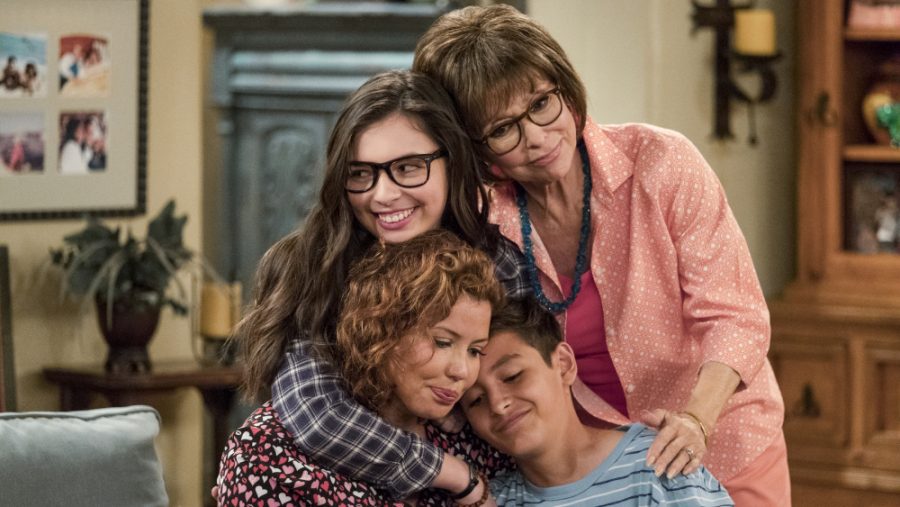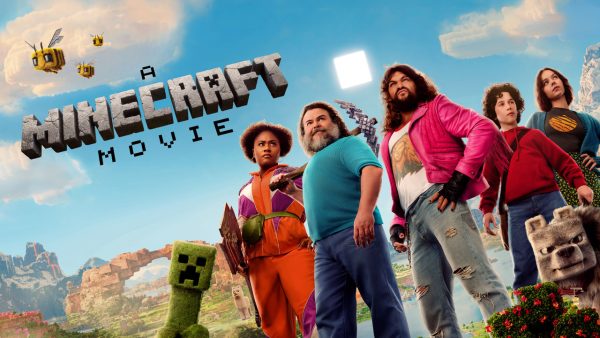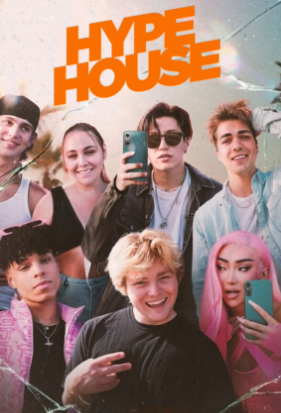Diversifying TV One Day at A Time
One Day At A Time
As more and more television shows come on air, I find it harder to pick favorites and schedule a watching list around school and how many shows I want to watch. However, in the past year, I was able to find a Netflix show that harbors everything I love about ‘tv’ and family orientated shows. One Day at A Time (inspired by a show by Norman Lear) has become one of my favorite shows and in only two seasons, has me grasping for more.
Penelope, a nurse and war veteran, is on her own after her and her husband disagreed about him redrafting into the military. She struggles to maintain the sanity in her household as her children start to grow. Fortunately for her, her mother and her nosey building manager is there to help her keep up with her two kids, Alex and Elena. As the two of them are growing up, they find it harder to be proud of their Cuban heritage due to the racism and hate they face in the United States because of their identities.
The greatest part about this series is that the writers and producers and cast are not afraid to cross boundaries in order to talk about issues in the world today. There are many cases in which the family’s ethnicity comes into play. The show has a lot to say about racism that many Hispanic people face.
Some of the saddest and most well spoken episodes have been when Penelope has to tackle the issue of race with her kids. In one episode, Alex wants his family to stop being so loud (a common Cuban stereotype) at his baseball games and stop calling him Papito. Later, viewers find out that this is because he is called names and hears racist stuff at school and while out of the house. He reveals that someone yelled at him and his friend to ‘go back to Mexico’ when they were speaking Spanish to each other.
Another huge boundary that is crossed is gender. Penelope, as a single woman, finds herself in many instances when a man is speaking down to her or not letting her speak, which is a big problem for women right now. In one scene, Penelope puts up an idea at a meeting and her male colleague shoots her down, but days later when the problem still is not fixed, he proposes her idea as his and everyone loves it. Luckily, by the end of this episode about the small oppressions of women in the workplace, she is able to speak up for herself and get the credit she deserves, even if she believes it will risk her place at her job.
And sexism is not the only gender conversation the show holds; there is also a standing with gender-nonconforming teenagers. Elena has a meeting at her house about a sexist video game and introduces two characters that identify as hir and them (two pronouns often used by non-binary people). The person that identifies with they/them/their pronouns also ends up being a regular in the show during the second half of season two.
Furthermore, in season one, we (the viewers) get to see a multitude of secrets held by the Alvarez’s from each other. The longest held secret of the season was the sexuality of one of the family members. As Elena’s quinceanera approaches, the problem of who she wants to bring as her date springs up. She finds herself questioning her relationship with her boyfriend and ends the relationship to just be friends with him.
It’s nice when her ex boyfriend supports Elena for her identity and even offers to be her platonic date to her quinces. But things go haywire when she comes out to her mother and grandmother, who eventually come to a consensus that Elena’s sexuality is valid. However, Elena is one reason I was crying in the season one finale.
It is the amazing portrayals of minorities that makes this show powerful. There are so many people out there that can watch this show and see themselves in it, and people that watch it can gain information on what to do if they are being oppressed by others.
With the family exploring and expanding their identities, it becomes important to them to keep their roots. This often is shown through speaking the Spanish language, proudly calling themselves Cuban in public, and celebrating their culture. This is extremely important to those who watch the show because it gives them the knowledge that it is okay to celebrate where your family originated, even if you are born American.
There is a lot of comedy involved with the show, which makes it amazingly diverse in content. Schneider, the building manager of the building the Alvarez family lives in, is a white, rich Canadian, who becomes the butt of the joke for most of the show (and supports the family unconditionally). The jokes made on his behalf are often from his ignorance in racism, like calling his move from Canada as hard as the Alvarez grandmother’s and his temporary hipster love of Che Guevara (a Cuban leader who oppressed Cuba and made it extremely hard for those living in the country by killing large amounts of Cubans)–which he immediately regrets after the family calls him out and takes off the shirt he is sporting with Che Guevara’s portrait on it.
I only have one concern about the nonbinary character who seems to be a regular because of the way one of the family members labels them in an episode as a girl and ‘she’. Maybe the person prefers female pronouns, but I wish it was explicitly talked about–even briefly.
I could go on and on and on about the things I loved about this show, because there are too few bad reasons to dislike it. But I will spare you the reading and spoilers. I highly recommend this series and you would be a fool not to give it a chance.
One Day at A Time reboot article








